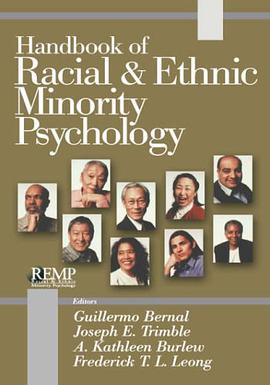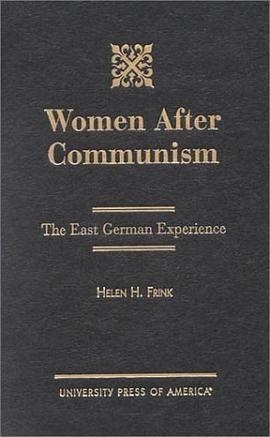

具体描述
Friedman and a distinguished group of contributors offer a compelling analysis of globalization and the lethal explosiveness that characterizes the current world order. In particular, they investigate global processes and political forces that determine networks of crime, commerce and terror, and reveal the economic, social and cultural fragmentation of transnational networks. In a critical introduction, Friedman evaluates how transnational capital represents a truly global force, but geographical decentralization of accumulation still leads to declining state hegemony in some areas and increasing hegemony in others. The authors examine the growth and increasing autonomy of indigenous populations, and the massively destabililizing effect of migration processes. They describe the rapid increase in criminalization of ethnic and immigrant groups as well as an increase in class stratification, creating new forms of social confrontation and violence. In addition to ethnic, identity-based conflict there are analyses of transnational criminal networks, which also represents disintegration of larger homogeneous territories or hierarchical orders. The authors ask us to reevaluate the dynamics of globalization-the contradictions of centralization and fragmentation around the world-as we discover how best to transform these conditions for the future. This research was originally funded by the Harry Frank Guggenheim Foundation. Globalization, the State and Violence will be a valuable reference in anthropology, social theory, international politics and economics, ethnic conflict, immigration, and economic history.
作者简介
目录信息
读后感
评分
评分
评分
评分
用户评价
相关图书
本站所有内容均为互联网搜索引擎提供的公开搜索信息,本站不存储任何数据与内容,任何内容与数据均与本站无关,如有需要请联系相关搜索引擎包括但不限于百度,google,bing,sogou 等
© 2025 book.wenda123.org All Rights Reserved. 图书目录大全 版权所有




















